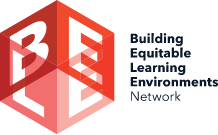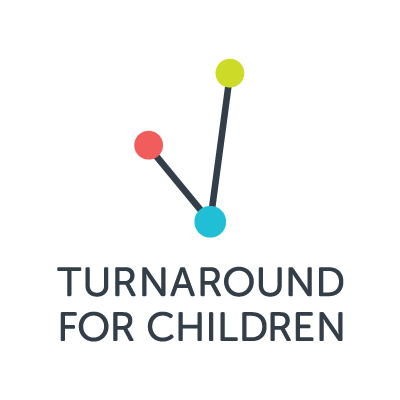A Conversation on How Districts Can Create More Equitable Math Classrooms
By The BELE Network
The Student Experience Research Network (SERN) and EduColor co-sponsored an installment of Just Equation’s “Mathematics of Opportunity” series in February. Moderated by Nicole Beechum of the University of Chicago Consortium on School Research, the panel featured:
- Neil Lewis, Jr., Cornell University and Weill Cornell Medicine
- Celine Liu, San Leandro Unified School District
- Dana Miller-Cotto, University of Delaware, College of Education and Human Development
Participants asked educators to interrogate what we mean when we say a student is or is not a “math person.” The “math identity” adopted by students is formed through a variety of signals and is influenced by how valued a student feels and how much they feel they deserve. As a result, students from marginalized groups are often expected to develop math identities in spaces where they don’t feel valued. Once we recognize that those students sitting in a math classroom all come from different, larger social contexts, we can approach mathematics education in a way that elevates their experiences.
The good news is that educators don’t need to wait for policies to change. Districts can select more inclusive math textbooks that speak to a greater array of student experiences since it’s something districts have control over. More frequent inclusive math training in schools can go a long way, and math classes structured to allow for debate amongst students can provide better results overall in math.
Ultimately, educators have the power to create equitable math classrooms that give all students the chance to succeed, even if they don’t fit the mold of what a “math person” looks like.
Watch the full webinar above and learn more about the sponsors: Just Equations, Student Experience Research Network, and EduColor.
Also, connect with Nicole Beechum, Neil Lewis, Jr., Celine Liu, and Dana Miller-Cotto on Twitter.
Just Equations advances evidence-based strategies to ensure that math policies give all students the quantitative foundation they need to succeed in college and beyond.
The Student Experience Research Network (SERN) advances the research, relationships, and capacity necessary to build an education system in which every student experiences respect as a valued person and thinker.
EduColor mobilizes advocates nationwide around issues of educational equity, agency, and justice. We amplify the works and ideas of students, educators, and communities of color through supportive on- and off-line networks and professional development.










